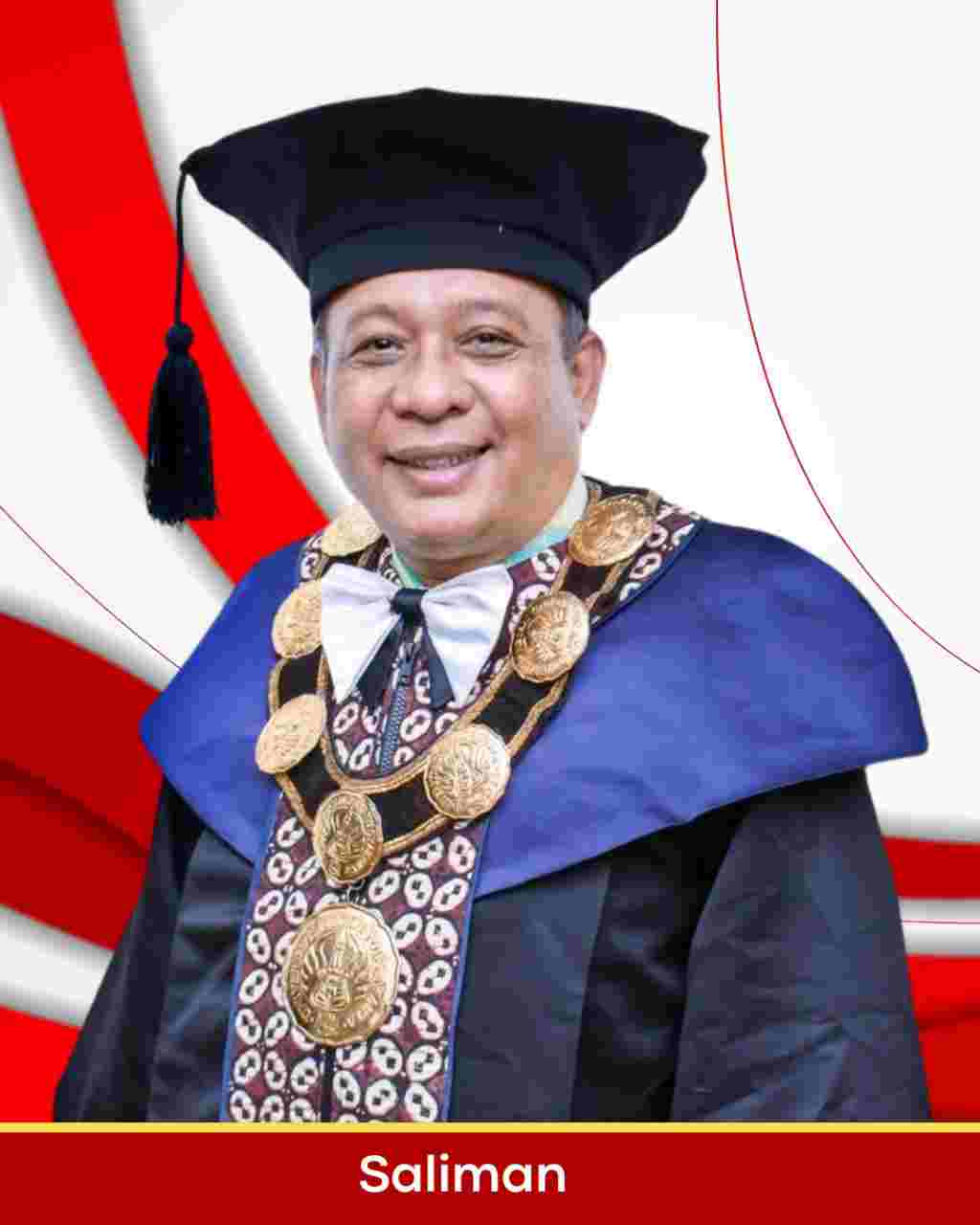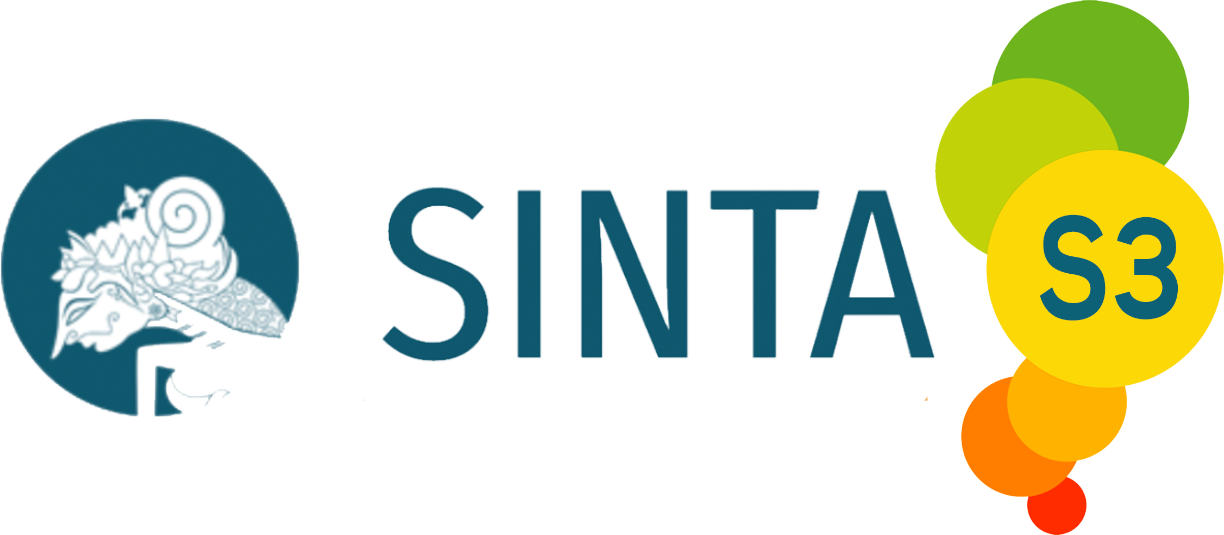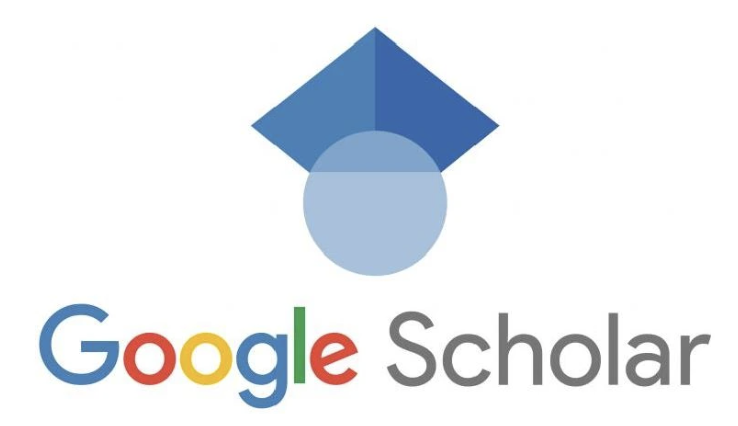PERKEMBANGAN MORAL SISWA SEKOLAH DASAR BERDASARKAN TEORI KOHLBERG
DOI:
https://doi.org/10.21831/jipsindo.v6i2.28400Keywords:
Teori Kohlberg, Sekolah dasar, Moral kognitifAbstract
References
Arthur, James. 2003. Education with Character. Routledge
Duska, Ronald & Whelan Mariellen. 1982. Moral Development. A Guide to Piaget and Kohlberg. (diterjemahkan oleh Dwija Atmaka). Pulist Press. New York.
Kohlberg; L., Hersh, R.H. 1977. Moral Development: A Review of the Theory. Theory into Practice, Vol. 16, No. 2, Moral Development. (Apr., 1977), pp. 53-59
Mohajan, H. 2018. Qualitative Research Methodology in Social Sciences and Related Subjects. Journal of Economic Development, Environment and People, Vol-7, Issue 01, 2018, pp. 23-48
Naito, T. (2013). Moral Development. The Encyclopedia of Cross- Cultural Psychology, 891–
doi:10.1002/9781118339893.wbeccp367
Polkinghorne, D. E. (2005). Language and Meaning: Data Collection in Qualitative Research. Journal of Counseling Psychology, 52, 137–145.
Taylor, Paul. 1989. Problems of Moral Philosopy. Dickensen Publishing Company, Inc. California.
Wren, Thomas. (2008). Handbook of Moral and Character Education:
Philosophical Moorings. Routledge 270 Madison Ave, New York.
Zohrabi, M. (2013). Mixed Method Research: Instruments, Validity, Reliability and Reporting Findings. Theory and Practice in Language Studies, 3(2), 254–262.
Zuchdi, Darmiyati. 2010. Humanisasi Pendidikan. Bumi Aksara.
Jakarta.
Downloads
Published
How to Cite
Issue
Section
Citation Check
License
Authors who publish with this journal agree to the following terms:
- Authors retain copyright and grant the journal right of first publication with the work simultaneously licensed under a Creative Commons Attribution License that allows others to share the work with an acknowledgement of the work's authorship and initial publication in this journal.
- Authors are able to enter into separate, additional contractual arrangements for the non-exclusive distribution of the journal's published version of the work (e.g., post it to an institutional repository or publish it in a book), with an acknowledgement of its initial publication in this journal.
- Authors are permitted and encouraged to post their work online (e.g., in institutional repositories or on their website) prior to and during the submission process, as it can lead to productive exchanges, as well as earlier and greater citation of published work (See The Effect of Open Access).

JIPSINDO (Jurnal Pendidikan Ilmu Pengetahuan Sosial Indonesia) is licensed under a Creative Commons Attribution-ShareAlike 4.0 International License.
Based on a work at https://journal.uny.ac.id/index.php/jipsindo.
















